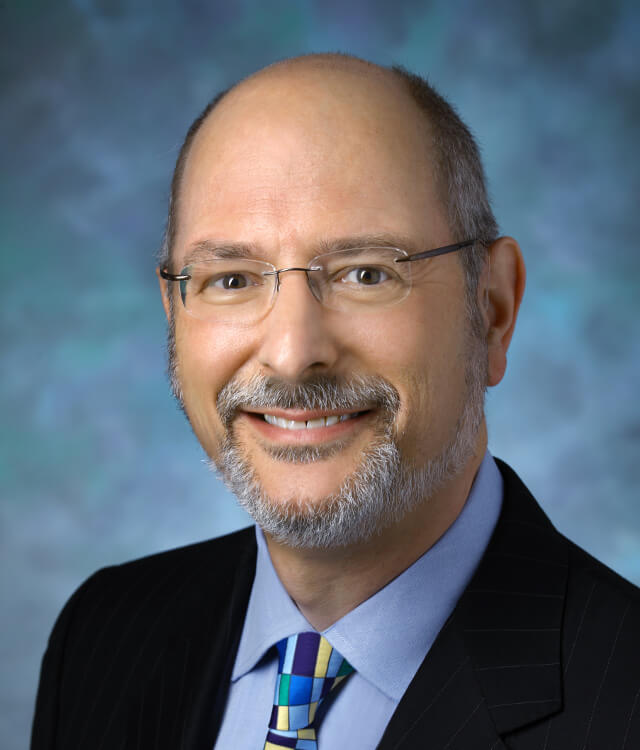Jeffrey Palmer, M.D. Endowed Lectureship
The Jeffrey Palmer, M.D. Endowed Lectureship is made possible by the Jeffrey Palmer, M.D. Lectureship Endowed Fund. This fund was created to build knowledge of faculty, residents and other trainees through engagement in a professional environment showcasing research and scientific developments in Physical Medicine and Rehabilitation and related fields.
Learn more or donate to the fund.
Is Exercise Medicine? The Evolution of Physical Activity and its Relevance to Health
Wednesday, October 23, 2024 at 12:00 p.m. E.D.T.
Join us in-person or join the live stream.
The Johns Hopkins School of Nursing
Pinkard Building - Auditorium
525 N. Wolfe Street, Baltimore, MD 21205
Lecture Speaker
Daniel Lieberman, Ph.D.
Edwin M Lerner II Professor of Biological Sciences
Chair, Department of Human Evolutionary Biology at Harvard University
Daniel Lieberman received degrees from Harvard and Cambridge University, and taught at Rutgers University and George Washington University before joining the Harvard faculty in 2001. He studies and teaches how and why the human body is the way it is, and how our evolutionary history affects health and disease. He is best known for his research on the evolution of the head and on the evolution of running, walking and other forms of physical activity, which he studies by combining experimental biomechanics, anatomy and physiology both in the lab and in the field. He has done fieldwork in Kenya as well as Rwanda and Mexico. He loves teaching and has published over 200 peer-reviewed papers, many in journals such as Nature, Science, and PNAS, as well as three popular books, The Evolution of the Human Head (2011), The Story of the Human Body: Evolution, Health and Disease (2013), and Exercised: Why Something We Never Evolved to Do Is Healthy and Rewarding (2021). In his spare time, he enjoys running.

Lecture Objectives
- Understand how and why humans evolved to be considerably more physically active than our ape ancestors and how and why the modern concept of exercise developed.
- Comprehend how, to what extent and why there was selection during human evolution for lifelong physical activity to slow biological aging (senescence) and decrease vulnerability to many diseases.
- Determine how an evolutionary perspective on exercise can help us better extend healthspans and in turn, lifespans.
Past Lectures
2023: Evolution of Deglutology as a Transdisciplinary Science: A work in progress from observation to pathophysiology-based intervention
Speaker: Reza Shaker, M.D.

